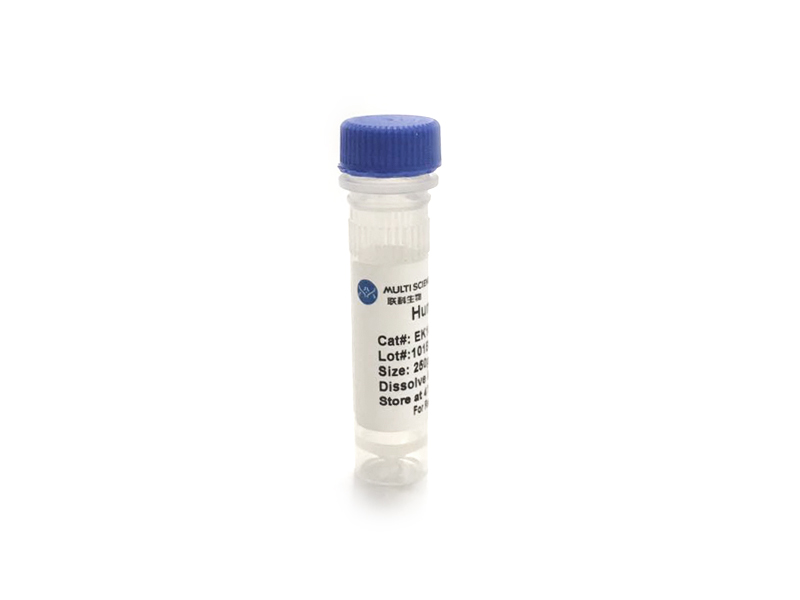Background:Macrophages are key innate immune cells implicated in the pathogenesis of Behçet's disease (BD), and macrophage polarization plays a pivotal role in inflammatory response. This study aimed to investigate the role of BD serum on the phenotypes and functions of macrophage polarization.
Methods:BD or HC serum-treated human monocyte-derived macrophages (HMDMs) were examined M1/M2 phenotypes using flow cytometry and ELISA. The phagocytic capacity of HMDMs and CD4+T cell differentiation facilitated by HMDMs were measured by flow cytometry. Transcriptome analysis of BD and HC serum-stimulated HMDMs was conducted to identify differentially expressed genes. NF-κB signaling was examined using western blot to explore the mechanism of macrophage polarization induced by BD serum.
Results:BD serum-treated macrophages expressed a higher level of CD86, IL-12, and TNF-α and a lower level of CD163, which were compatible with the M1-like phenotype. Furthermore, BD serum-treated macrophages showed enhanced phagocytic capacity and promoted more Th1 cell differentiation. Sixty-one differentially expressed genes were identified between BD and HC serum-treated macrophages and were enriched in NF-κB signaling. BD serum-treated macrophages showed upregulated p-p65 and downregulated IκBα, and NF-κB inhibitor attenuated BD serum-stimulated M1-like phenotype.
Conclusions:BD serum promoted macrophage polarization toward a proinflammatory M1-like phenotype through NF-κB signaling and potentially facilitated inflammation in BD. M1 polarized macrophages may be a potential therapeutic target for BD.
文章引用产品列表
-
- EK182HS 294 Citations
- 高敏试剂盒
Human TNF-α High Sensitivity ELISA Kit检测试剂盒(酶联免疫吸附法)
- ¥2,000.00 – ¥3,400.00
-
- EK182 340 Citations
- ELISA试剂盒
Human TNF-a ELISA Kit检测试剂盒(酶联免疫吸附法)
- ¥1,600.00 – ¥10,800.00
-
- EK1264 13 Citations
- ELISA试剂盒
Human CXCL2/GRO-β ELISA Kit 检测试剂盒(酶联免疫吸附法)
- ¥1,600.00 – ¥2,650.00
-
- EK1265 12 Citations
- ELISA试剂盒
Human CXCL3/GRO-γ ELISA Kit检测试剂盒(酶联免疫吸附法)
- ¥1,600.00 – ¥2,650.00
-
- EK112 27 Citations
- ELISA试剂盒
Human IL-12p70 ELISA Kit检测试剂盒(酶联免疫吸附法)
- ¥1,600.00 – ¥2,650.00




